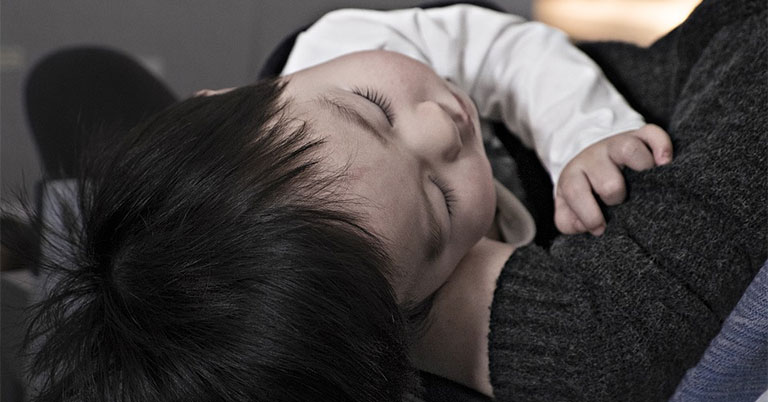The death of a nine-year-old and four-year-old girls in Indonesia after being exposed to an insecticide further proves that the use of pesticides for lice should be banned.
Reports show that police investigations into the death of the two girls in Boyolali, central Java was due to a potent diazinon insecticide that was used to treat lice in their hair.
“This type of incident clearly shows why we need to ban highly hazardous pesticides. There is no need for toxic pesticides like diazinon in our region especially when they harm more children day by day,” said Rossana Dewi, Director of Gita Pertiwi, community based organization that aims to create awareness on biodiversity based ecological agriculture.
Diazinon is an organophosphate insecticide categorized in Pesticide Action Network’s 20 Terrible Pesticides that are Toxic to Children (T20) due to its health hazards on children.
Exposure to this insecticide can cause among others, acute poisoning, brain cancer and delayed neurobehavioral development in a child. In the long term, it could also lead to Parkinson’s disease.
The International Agency for Research on Cancer (IARC), a research arm of WHO has classified diazinon as probably carcinogenic to humans. It has been banned in the European Union and is still being used in Indonesia and many Asian countries.
The incident in central Java also illustrates how highly hazardous pesticides are easily available for use in the public. It was reported that according to Boyolali police, the chemical was obtained by a family member of the girls from a neighbour.
The girls’ mother assuming it was safe to apply on her and her children to get rid of lice, also experienced giddiness and began to vomit together with her children.
All of them were rushed to the Pandan Arang Hospital in Boyolali where the two girls died, while the mother and her other child remained in critical condition.
Inadequate laws and regulations pertaining to the manufacturing, distribution and use of pesticides like diazinon have been causing serious threats to health and environment and continue to harm the most vulnerable in the society.
Indonesia has become a fertile ground for toxic and poisonous pesticide trade. As of 2017, there are currently 3,285 pesticide trademarks in Indonesia. However, only 422 trademarks of pesticides have been allowed and traded for domestic use in 2013, (GAGASAN NEWS, 2017).
“Pesticide regulations have been failing to protect our children. Pesticides have been violating children’s right to health and a healthy environment. This should stop especially when we know we can do something about it,” said PANAP’s Pesticide Programme Coordinator Deeppa Ravindran.
Every year, 1.7 million children die due to environmental pollution, including pesticides, according to a World Health Organization (WHO) 2017 report. However, estimates on the number children impacted globally by pesticides are largely unknown.
PANAP Protect Our Children Watch has documented that about 1,148 children have been poisoned by pesticides in the past five years. Of this number, 42 have died due to the poisoning. The children are mostly from Asia and are aged from one-year old to 17 years old.
Take Action protect our children from toxic pesticides by demanding a 1km pesticide free buffer zone around schools >> Sign the Petition.
For more information please contact, Deeppa Ravindran, Pesticide Programme Coordinator, deeppa.ravindran@panap.net








Discussion about this post